An Intro Guide on Female Family Building
There are many different fertility options for lesbian couples, which all range in cost, convenience, and success rates. Many fertility resources are geared to heterosexual couples. As an alternative, we’ve created this simple guide to the available fertility choices for female partners.
An Overview of Fertility Options For Lesbian Couples
Having a baby requires three things: egg and sperm to create the embryo, and a uterus to carry the embryo. If you and your partner are cisgender women, and one or both of you has viable eggs and/or can carry the baby, then all you need is donor sperm. If neither partner can provide eggs nor a womb, then there are additional donor options available. These include donor eggs or embryos and gestational carriers (also known as “surrogates”).
In all cases, the first step is a full fertility evaluation for both partners to accurately assess the options. This allows for a personalized treatment plan and sets you up with the greatest chance for success. The two most common fertility options for lesbian couples are intrauterine insemination (IUI) and in vitro fertilization (IVF). There is also the option for shared IVF, where one partner provides the eggs while the other carries the baby.
Intrauterine Insemination for Female Couples
Intrauterine insemination, or IUI, is often the most straightforward and simplest way for a lesbian couple to conceive. In IUI, a doctor inserts donor sperm directly into the uterus through a simple and brief procedure. Depending on your fertility evaluation, your provider may prescribe medications to take before the procedure to increase your chances of conception. It’s important to time the IUI procedure for when you are most fertile, so you will need to discuss how to track your ovulation with your provider. There are different options available for fertility tracking, and we can help you find the best way for you.
When you research fertility options for lesbian couples, you may also see a procedure called ICI, or intracervical insemination. In ICI, the donor sperm is placed into the cervix (rather than the uterus), and can be done at home. ICI requires fresh (not-frozen) donor sperm. This usually means it has to come from a known donor, such as a friend or partner’s family member. Generally, fertility clinics (including PNW Fertility) recommend IUI over ICI. IUI has higher success rates and better medical and safety supervision.
Shared Maternity / Reciprocal IVF
In vitro fertilization (IVF) is the process of combining an egg and sperm in a lab to create an embryo, which is then implanted into the uterus. For lesbian couples, IVF can be the right treatment option for many medical reasons such as failed attempts with IUI, tubal disease, and more.
Some lesbian couples also opt for IVF as a way for both partners to participate in the family building process. We refer to this second scenario as “shared maternity” or “shared IVF.” It is a way for both parents to have a biological connection to their child; one through genetics, and one through the experience of pregnancy. During shared IVF, one partner will go through ovarian stimulation and an egg retrieval process, while the other receives the fertilized embryo. Shared maternity often has high success rates, especially if both partners are healthy and neither have had any previous fertility problems.
You will need donor sperm for both shared and traditional IVF. We have several resources on how to choose donor sperm and the sperm donation process. While we do not have our own sperm bank, we do work with several accredited and high-quality banks in the area. We can provide a list of FDA-approved sperm banks and other resources for making this important decision. Once you have selected your donor sperm, we perform the IVF procedure on-site in our state-of-the-art embryology lab.
LGBTQ-Affirming Fertility Options for Lesbian Couples at PNWF
Whether you wish to pursue IUI, IVF, or shared maternity, we will support you throughout your fertility journey. At PNWF, we believe everyone should be able to build their family, and we proudly support our LGBTQ+ community. If you and your partner are looking to explore fertility options for lesbian couples, contact our Center for LGBTQ+ Fertility at PNWF today for an initial consultation.
For more information about same sex fertility options, watch our webinar introducing the Center for LGBTQ+ Fertility at PNWF.



